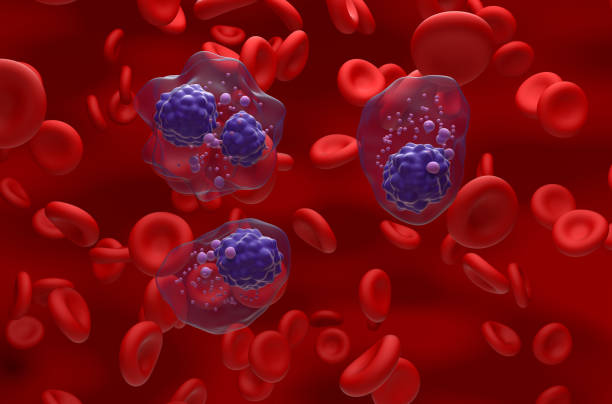Strategies for Managing Symptoms and Improving Quality of Life
Narcolepsy, a chronic neurological disorder affecting the brain’s ability to regulate sleep-wake cycles, can significantly impact daily life. Characterized by excessive daytime sleepiness, cataplexy, sleep paralysis, and hallucinations, narcolepsy requires a multifaceted treatment approach. This guide offers an overview of the current treatment options and lifestyle adjustments that can help manage narcolepsy symptoms and improve the quality of life for those affected.

Understanding Narcolepsy
Narcolepsy is typically categorized into two types:
- Type 1: With cataplexy (sudden loss of muscle tone triggered by emotions).
- Type 2: Without cataplexy.
Both types involve excessive daytime sleepiness, among other symptoms.
Diagnosing Narcolepsy
Diagnosis often involves:
- Sleep History Evaluation: Reviewing sleep patterns and symptoms.
- Polysomnography: An overnight sleep study.
- Multiple Sleep Latency Test (MSLT): Measures the speed of falling asleep during daytime naps.
Medications for Narcolepsy
Treatment usually includes medications to regulate sleep patterns and alleviate symptoms:
- Stimulants: Such as modafinil, to combat excessive daytime sleepiness.
- Antidepressants: Used to control cataplexy, sleep paralysis, and hallucinations.
- Sodium Oxybate (Xyrem): Especially effective for cataplexy and nighttime sleep disruption.
Lifestyle Adjustments and Behavioral Strategies
Incorporating lifestyle changes can significantly help manage symptoms:
- Scheduled Naps: Short, planned naps can reduce daytime sleepiness.
- Good Sleep Hygiene: Maintaining a consistent sleep schedule and a conducive sleep environment.
- Avoiding Alcohol and Caffeine: Especially before bedtime.
- Regular Exercise: Promotes better night-time sleep and alertness during the day.
Challenges in Narcolepsy Management
Managing narcolepsy can be challenging due to:
- Impact on Daily Activities: Such as work, school, and social interactions.
- Driving and Safety Concerns: Due to the risk of sleep attacks.
Emerging Treatments and Research
Recent developments in narcolepsy treatment include:
- New Medications: Targeting different aspects of sleep regulation.
- Research on Immunotherapy: Exploring the autoimmune basis of narcolepsy.
When to Seek Medical Advice
Regular consultation with healthcare providers is essential to:
- Adjust Treatments: Based on the effectiveness and side effects.
- Address New Symptoms: Or changes in existing symptoms.
Conclusion
Narcolepsy is a complex condition that requires a comprehensive treatment plan, combining medication, lifestyle changes, and ongoing medical support. With appropriate management strategies, individuals with narcolepsy can lead active, fulfilling lives. Staying informed about new treatments and maintaining open communication with healthcare providers are crucial steps in effectively managing narcolepsy.






